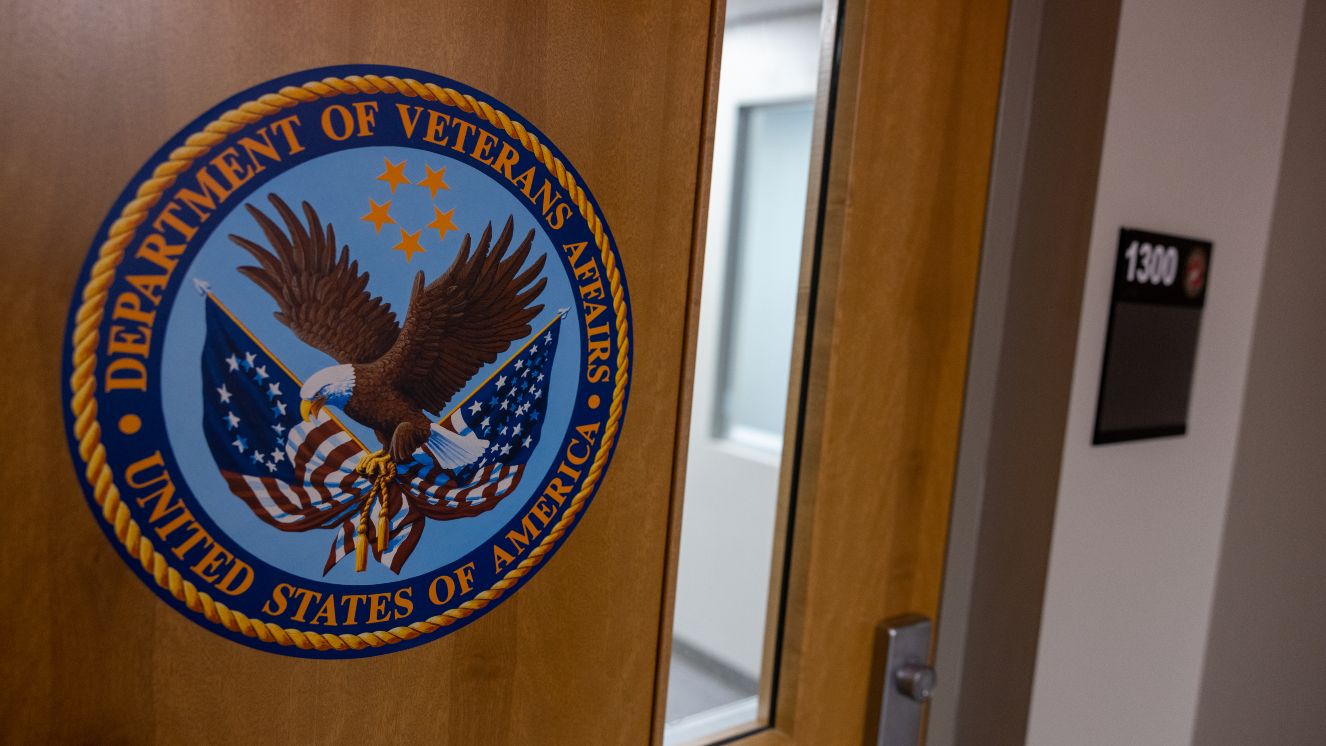PENTAGON AI DEVELOPMENTS ADVANCING US WEAPONS ARSENAL
COMMENT
SHARE

The Pentagon has entered a new era with the integration of advanced technologies, particularly in the realm of military AI. Autonomous weapons, powered by cutting-edge AI algorithms, have become a cornerstone of the Pentagon's strategic initiatives. Technologies like surveillance drones equipped with AI-driven capabilities play a pivotal role in gathering intelligence. They also provide real-time situational awareness on the battlefield. The Pentagon is actively exploring the autonomous vehicle market. They are now incorporating AI into military vehicles to enhance their navigation and decision-making capabilities. This integration of AI in the military landscape not only transforms traditional warfare but also raises ethical considerations. As the Pentagon embraces the potential of weaponized AI, it underscores the evolving nature of modern warfare. Furthermore, this increases reliance on innovative technologies to maintain a competitive edge in the global security landscape.Suggested read: Sierra Leone Imposed a Nationwide Curfew And Here’s Why
The Need to Adopt AI in the Military
The 2023 Data, Analytics, and Artificial Intelligence Adoption Strategy is an extension of the Department of Defense's longstanding commitment to pioneering AI development. Defense officials emphasize that this strategy serves as a key driver in maintaining a competitive edge in AI development.Deputy Defense Secretary Kathleen Hicks is an advocate for the swift and responsible integration of AI into military operations. Hicks emphasized that the primary motivation behind this strategic push is the enhancement of the military's decision-making advantage. This move positions AI as a critical tool for bolstering the effectiveness and efficiency of defense operations.The U.S. military's utilization of artificial intelligence extends far beyond traditional applications, showcasing its versatility. From steering pint-sized surveillance drones on special operations missions, to aiding Ukraine in its conflict with Russia, AI has proven instrumental in various military operations. Beyond the battlefield, AI monitors soldiers' fitness, predicts maintenance needs for Air Force planes, and facilitates surveillance in outer space. In sum, these actions highlight AI's multifaceted role in enhancing military capabilities.
A Rundown of the New Pentagon AI Initiative
The Pentagon's vision for the future is embodied in the replicator initiative, an ambitious plan to deploy thousands of cost-effective, AI-enabled autonomous vehicles by 2026. In other words, the U.S. is aiming to match China's advancements in this domain.Deputy Secretary of Defense Kathleen Hicks emphasizes the need for a swift shift in military innovation towards smaller, smarter, and more numerous platforms. While the funding and specifics of the replicator initiative remain uncertain, its potential impact on the deployment of AI is evident. The inevitability of fully autonomous lethal weapons within the next few years raises questions about the balance between human supervision and machine autonomy. This is especially pressing as technological advances in data processing and machine-to-machine communications come to the forefront. The global landscape is evolving with the development of drone swarms. While the U.S. asserts human control, challenges arise as other nations pursue military AI without committing to responsible usage. The adoption of AI also has ethical implications as systems can violate terms of data privacy, transparency, and even security.Related read: Service Member Found Dead in Pentagon Parking Lot Ruled Suicide
Is This the Beginning of a New Era?
The Pentagon has ushered in a new era by incorporating advanced technologies, particularly in the realm of military AI. AI weapons, driven by cutting-edge algorithms, have emerged as a cornerstone in the Pentagon's strategic initiatives. Surveillance drones, equipped with AI-driven capabilities, assume a crucial role in intelligence gathering. As such, they are able to deliver real-time situational awareness on the battlefield. Concurrently, the Pentagon is actively exploring the autonomous vehicle market. They are now infusing AI into military vehicles to bolster their navigation and decision-making prowess. This infusion of AI into the military landscape not only revolutionizes conventional warfare but also elicits ethical and strategic considerations. As the Pentagon embraces the potential of weaponized AI, it accentuates the evolving nature of modern warfare. These developments emphasize an increasing reliance on innovative technologies to sustain a competitive edge in the global security landscape.Read next: What We Know About The Mysterious Poisoning of Kyrylo Budanov’s Wife
Join the Conversation
BY REBECCA SPARACIO
Rebecca Sparacio is a Contributing Writer at VeteranLife.com.
Rebecca Sparacio is a Contributing Writer at VeteranLife.com.



